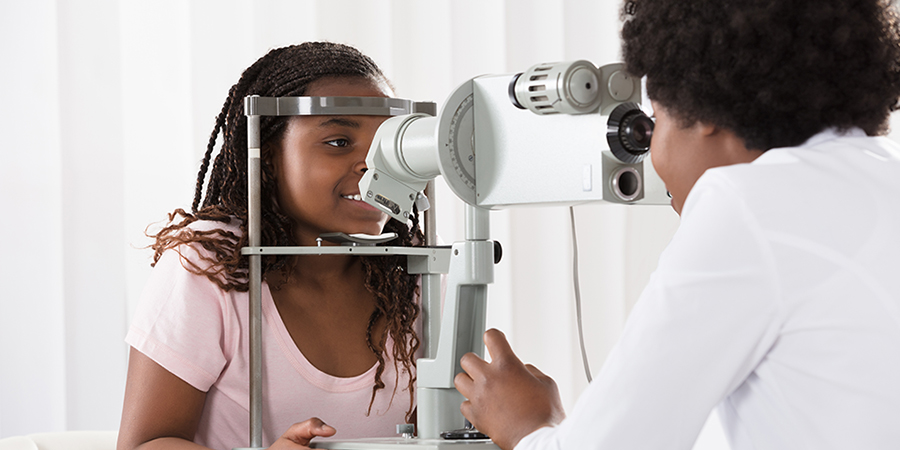Pre-Optometry Track

Do you envision yourself as an optometrist? There’s much more to optometry than just prescribing eyeglasses or contact lenses. Did you know that the eyes can often reveal the first signs of chronic diseases? You could be the healthcare professional who identifies early indicators of conditions like diabetes or high blood pressure in a patient.
The requirements for admission to the schools of optometry vary, but if you wish to study optometry, you will take the following:
- Biology with labs (8 semester hours)
- Microbiology (4 hours)
- Biochemistry (4 hours)
- General Chemistry ( 8 semester hours)
- Organic Chemistry (4 semester hours)
- General Physics (8 semester hours)
- Calculus (3 semester hours
- General Psychology (3 semester hours)
- Social science and humanities courses
Although there is only one optometry school in Alabama, there are two others that you should consider applying to if you are serious about a career as an optometrist. They are:
- University of Alabama School of Optometry, Birmingham, AL
- Southern College of Optometry, Memphis, TN
- Nova Southeastern University College of Optometry, Davie, FL
The science courses should be pre-professional level classes intended for science majors or health professional students and should include laboratory experience. Brief survey courses in the sciences will not adequately prepare you for optometry school. It's important to consult with the Pre-Health Professions Advisor at UNA regarding your course selection.
Typically, colleges of optometry accept students who demonstrate a strong academic commitment and exhibit potential in areas such as deductive reasoning, interpersonal communication, and empathy. Potential optometry students will be evaluated based on their grade point average, performance on the Optometry Admission Test (OAT), involvement in extracurricular and community activities, personal interviews, and overall professional potential.
Typically, colleges of optometry accept students who demonstrate a strong academic commitment and exhibit potential in areas such as deductive reasoning, interpersonal communication, and empathy. Potential optometry students will be evaluated based on their grade point average, performance on the Optometry Admission Test (OAT), involvement in extracurricular and community activities, personal interviews, and overall professional potential.
Optometry schools seek "well-rounded" candidates who excel not only academically but also in other areas. Qualities such as leadership skills, a commitment to serving others, and a strong work ethic marked by dedication and persistence are highly valued by most admission committees.